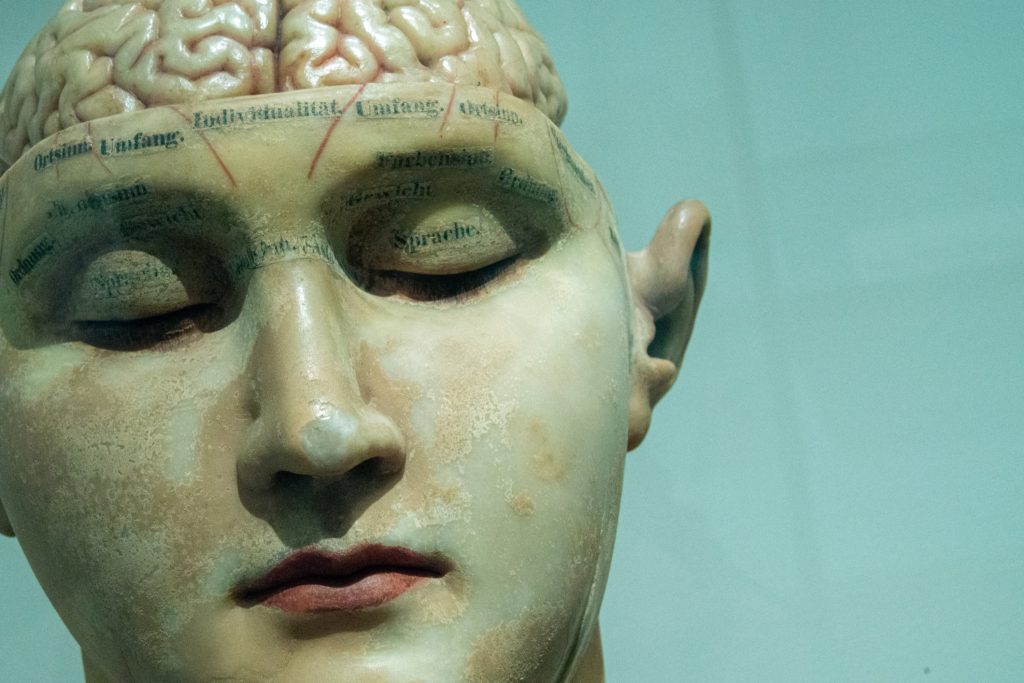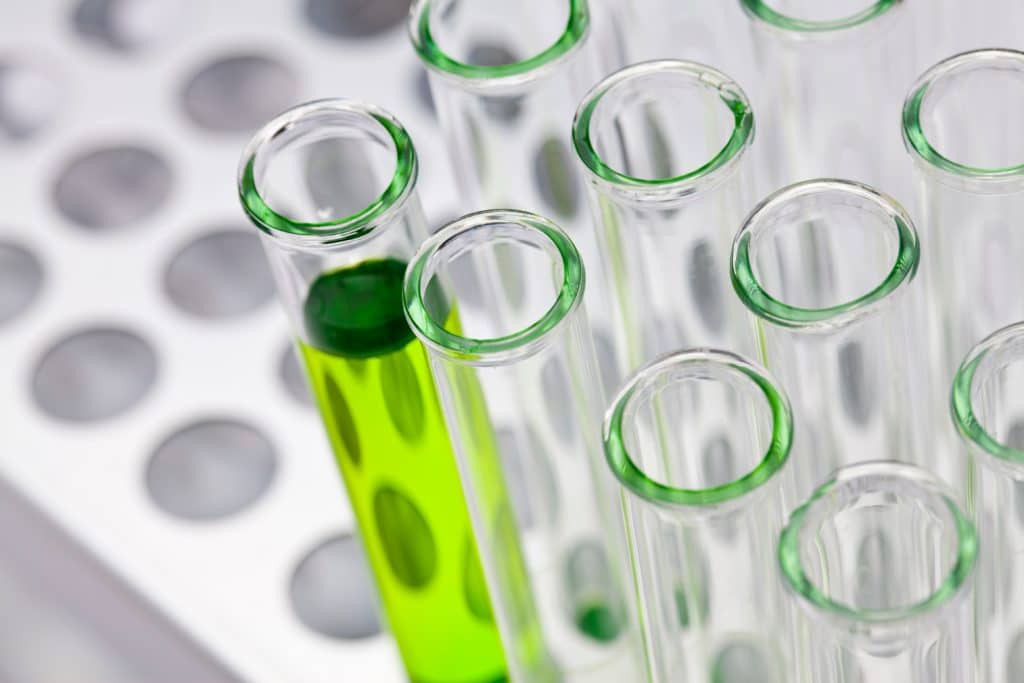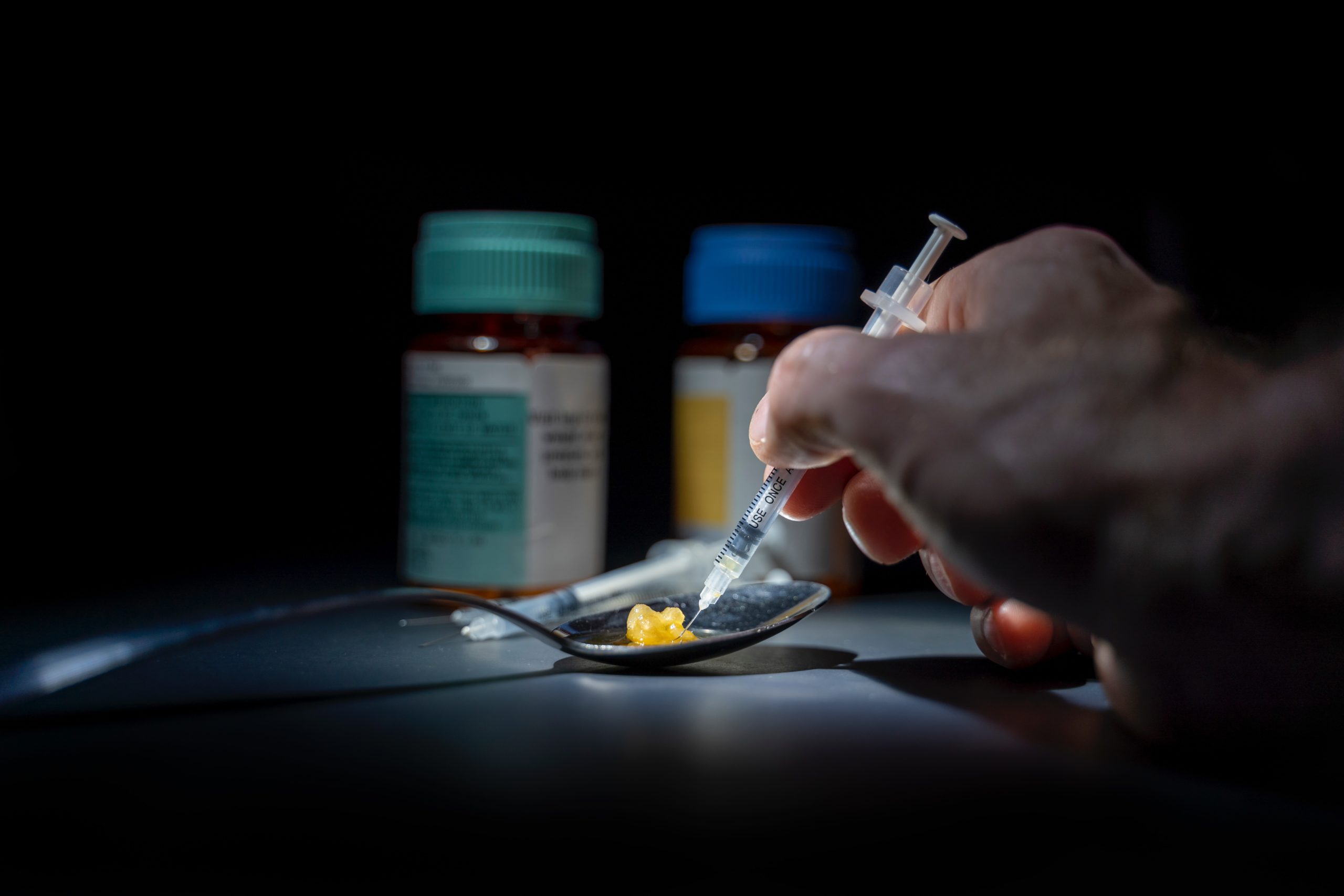Joe Rosenheim, Addiction Counselor, originally authored this article for the San Francisco Chronicle.
The following article is an adaptation of the original blog and a collaboration between Joe Rosenheim and Gaurav Dubey (MS Biotechnology).
Currently, about 246 million people around the world have used an illicit drug.1 With the nation’s opioid epidemic and substance abuse problems attracting huge media attention, and having spent 11 years addicted to opiates myself, I’ve increasingly spent time considering what addiction is. Today, I am four years sober, which has allowed me time for introspection and the opportunity to cultivate a deeper sense of self-awareness.
The “Ambiguous” Definition—the Disease of Addiction
In Alcoholics Anonymous and other 12-step groups, addiction is widely accepted as a “disease,” though the term is somewhat ambiguous. AA’s original text describes alcoholism as a three-fold problem: a “physical allergy, mental obsession and spiritual malady.” The word “spiritual” always raises a few eyebrows, and its definition may depend on with whom you’re speaking. I’m not sure, however, that modern science has a better word for explaining what addiction represents or might represent. As with other matters of personality, it seems to have, in part, an abstract and mysterious quality that eludes typical diagnostic tests and protocols.
Addiction Isn’t a Primary Disease, But The Underlying Brain Chemistry Is

Perhaps a better perspective is the notion that the neurological mechanisms underlying addiction are pathological, whereas addiction is merely the product of a deeper, more systemic diseased brain state. Until recently, addiction has been viewed as a moral failing or character weakness, but scientific studies and clinical trials conducted over the last few decades suggest that an individual’s brain chemistry plays a significant role in predisposing them to addiction. To gain a better understanding about how the underlying deregulation in brain chemistry is itself the disease that often clinically manifests as addiction, click here.
Is Addiction a Primary “Disease” or Just the Product of Life Experience?
There is a debate in recovery communities about whether addiction is in fact a primary “disease” or just the product of life experiences—specifically, traumatic events or circumstances whose emotional toll causes people to seek refuge in drugs or other compulsions. While 12-step philosophy does not clearly weigh in on what specifically causes addiction, it approaches addiction as a nebulous and incurable—though potentially manageable—condition. Conversely, advocates of the trauma theory, led by Dr. Gabor Maté of Canada, say their more scientific view opens the possibility of reversing addiction by addressing an identifiable origin.2

What Causes Some People to Become Addicts? Many Theories Still Abound
So why do some people become addicted to drugs and alcohol, and what fundamentally causes it? There are plenty of theories on this complicated subject, and my own perspective continues to evolve as well. A close friend and colleague of mine at Inscape Recovery recently published a blog for EvolveIndy.com about the etiology of addiction as it relates to childhood trauma. To read more about the potential epigenetic cause and roots of addiction, click here. A true, holistic investigation into all known elements that may compose addiction’s etiology should include neurobiological, environmental, psychopathological, behavioral, and genetic aspects of addictions, discussed from an evolutionary perspective.1
The Trauma Theory for the Etiology of Addiction Raises Questions
The trauma theory also raises questions. What exactly qualifies as trauma, and why do only some traumatized people become full-blown addicts? Also, why do certain people seem more vulnerable to traumatization? If one explanation is a natural sensitivity, then that could bring us back to seeing addiction as also having hereditary or other more obscure causes. Recent studies suggest further investigation into Gene x Environment interactions (G x E). A 2016 study by Vink states: “Understanding this [G x E] balance may hold the key to understanding the individual differences in substance use, abuse, and addictive behavior.”3
The Stigma of Addiction Being a Moral Failing Sadly Still Persists
Of course, there have always been those who view addiction as simply a hedonistic impulse or failure of resolve—fair enough, as far as it goes. Most addicted people start on that road because they are enticed by a long-missing sense of pleasure, comfort or self-confidence that the drug or other stimulus brings on. It’s worth noting that, though we tend to hear mostly horror stories about addiction, it can have a paradoxical upside for people who might otherwise feel maladjusted to the world. Maté argues that addiction is often the best choice that can reasonably be expected of people in the face of extreme emotional hardship.2

12-Step Philosophy Claims Individual Willpower Doesn’t Work
At the same time—and now we’re really splitting hairs—12-step philosophy holds that neither choice nor individual willpower plays any part in addiction whatsoever. Rather, addicts are inherently “powerless” within their own means against a force that eclipses their conscious will. Indeed, it is a common saying that, as addicts, “our best thinking got us here.” Indeed, it may be that addiction is primarily a brain disorder, or the elaborate work of unconscious forces. But then again, maybe everything is.
To Truly Understand Addiction, I Have to Experience What it Isn’t
I suspect that to truly understand what addiction is—for me, at least—I would have to experience what it isn’t. My sense is, despite the extensive self-work I have done in recovery, some of the complicated feelings that gave rise to my addiction are still floating around and manifesting in certain, more subtle ways. In today’s society, where most everyone is supposedly addicted to something (drugs, work, internet, junk food, extreme exercise, whatever) it’s a quaint idea to think of what being truly free of addiction would entail.
Addiction Seems to Be An Outgrowth Of Common Personality Problems
However, based upon the aforementioned research into genetic and environmental etiological factors, addiction does not appear to be a self-standing condition but an outgrowth of common personality problems like obsession, compulsion, and malaise. Such feelings seem to block psychic expansions like intimacy, engagement, and fascination. Instead, our cyclonic thoughts grab us up into the same dull patterns of living, which may feel like the best thing we have going. Indeed, the pathology of addiction dramatically reduces one’s sense of awareness and limits the possibilities they feel they have access to.
With this in mind, considering the question of addiction could be a valuable exercise for anybody, or at least an interesting one. Yet, for people trying to recover from drugs or other problems, it may come down to some advice that an old 12-step sponsor told me as an unhappy young philosopher: Recovery is about action. It’s making substantive changes in your life. So tell your intellect I said, “Hello, and you’re not thinking your way outta this one.”
A Note from Biologist in Recovery and Science Writer, Gaurav Dubey
Joey’s mention of recovery being about action really resonates with me. In my personal journey through recovery, I have realized how powerful this sentiment truly is. It is absolutely crucial to make a tangible effort towards recovery, or else, in my experience, it becomes easy to slip back into old patterns. What makes recovery challenging is the constant need for mindfulness and awareness in the present moment. With so much of addiction being about escaping the present moment, it comes as a shock for many in early recovery to just sit through difficult times and simply experience life as is. On a personal note, I believe the best way to tackle this seemingly daunting task is to chip away at it one good behavior and positive new habit a time.

An old kundalini yoga master once taught me that it’s easier to instill good habits than try to break bad ones. I found this powerful because the way the brain works involves focusing on the messages you send it through your consciousness. Instilling good habits into one’s life (e.g. better diet, exercise, meditation, etc) naturally depletes the energy that normally would be spent engaging in the bad habits we are trying to remove. Thus, simply attending meetings, working through the steps and establishing communication with one’s higher power (who or whatever that may be) are concrete steps that can help a recovering addict build personal assets.
Hopefully, further biological and clinical research into the etiology, neuropharmacology and neurobiology of addiction can help uncover the plethora of questions our current understanding has left us with. Meanwhile, introspection into one’s mental state in times of early recovery can truly help one grasp the nature of their mind and the tricks it can play. If you or a loved one is suffering from addiction, reach out to us at EvolveIndy.com today to setup a free consultation.
Joe Rosenheim is a counselor at Inscape Recovery, located in the Malinalco region of Mexico, southwest of Mexico City.

